I have ONLY 1 table called Meeting that stores all meeting requests.
This table can be EMPTY.
It has several columns including requestType (which can only be "MT") meetingStatus (can only be either pending, approved, denied or canceled) and meetingCreatedTime
I want to count how many requests of each status's type (in other words how many requests are pending, how many are approved, denied and canceled) for the last 30 days
Problem is that if there is no request then nothing display but I want to display 0, how do I do it? Here is my query now:
SELECT [requestType],
( SELECT COUNT ([requestType]) FROM [Meeting] WHERE CAST([meetingCreatedTime] AS DATE) >= CAST(DateAdd(DAY,-30,Getdate()) AS DATE) AND [meetingStatus] = 'Approved') As 'Approved',
( SELECT COUNT ([requestType]) FROM [Meeting] WHERE CAST([meetingCreatedTime] AS DATE) >= CAST(DateAdd(DAY,-30,Getdate()) AS DATE) AND [meetingStatus] = 'Pending') As 'Pending',
( SELECT COUNT ([requestType]) FROM [Meeting] WHERE CAST([meetingCreatedTime] AS DATE) >= CAST(DateAdd(DAY,-30,Getdate()) AS DATE) AND [meetingStatus] = 'Canceled') As 'Canceled',
( SELECT COUNT ([requestType]) FROM [Meeting] WHERE CAST([meetingCreatedTime] AS DATE) >= CAST(DateAdd(DAY,-30,Getdate()) AS DATE) AND [meetingStatus] = 'Denied') As 'Denied'
FROM [Meeting]
WHERE CAST([meetingCreatedTime] AS DATE) >= CAST(DateAdd(DAY,-30,Getdate()) AS DATE) GROUP BY [requestType]
Result:
What I want is:

